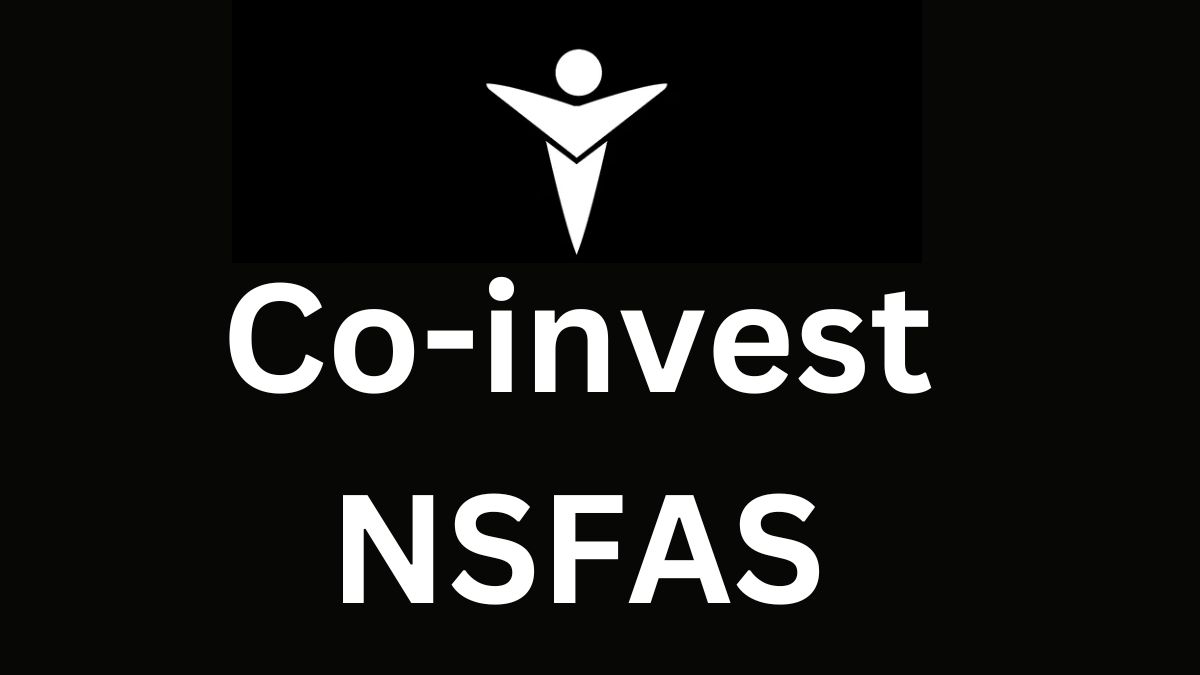The wine history says the war fought between England and France from 1337 to 1453 was one of the most significant events in European history. The war consisted primarily of who would rule ship French throne- whether it be English kings or those led by another house such as House Plantagenet that had invaded there centuries earlier.
But this time around they were not so lucky though because after many years passed with no progress made whatsoever towards victory at long last good things came along starting with an outbreak among their soldiers allowing plague into both countries which then took its toll on everything else killing lots more people than just ridable animals. But war and wine have a strong history of changing patterns.
The Key Dates In Wine History
When the War outbreak in 1337 and subsequent conflict between England and France significantly impacted Gascon wine production, it diminished exports from Bordeaux. Although there were over 100 thousand tons exported during1308-09, this figure had decreased by 1422 to 23 when only 16258 shiploads would arrive at English ports.
The decrease can be attributed both due destroyers of vineyards caused by army activity within Gascogne as well other factors such as shortage awareness among prospective customers outside Europe.
The wines from Portugal and Spain were eventually added to the supply pool after Bordeaux’s surrender left only English holdings in France.
In addition, the key dates in wine history have a record of high taxes on these imports making them less competitive compared with Gascon wine which would previously have been preferred by consumers but now found itself competing against other varieties such as sweet Greek-made ones or Italian sparkling styles that became popular during this time period too; however, despite all odds, it still managed provide enough for our needs because there’s always room at your table.
Enthralling Stories Of War And Wine
World War I
The soldiers of the First World War had a variety of names for cheap, low-quality wines. They were known as “Vin blanc” or simply ‘the white.’ In contrast to regional varieties that are subject to today’s strict quality control in France and elsewhere around Europe, these Accepted Words seem to have been more generous with their funds when it came time to enjoy themselves on base – often resorting back to using some colorful language while doing so.
The wine was a common drink among French troops during the Napoleonic Wars. A month into combat, they were given 500mls of red wine per day, and if there wasn’t enough supply or it became too hard to find then sometimes beer would take its place instead.
This is likely because pilseners were thought by soldiers before battle as being “liquid courage” which helped them perform bravely on behalf of their countrymen back home watching from far away.
The British had different tastes when compared with other nations that used worse quality versions of wine. These are the different versions of wine and war.
The British were not one for drinking alcohol, but on special occasions, it was served. Red wine remained their most common drink and sparkling or other types could be had too.
The Australians followed suit with Commonwealth soldiers receiving rum rations daily – although Muslims from Britain’s imperial possessions did not receive any form of alcoholic beverage until late into World War II when they finally got access to beer gardens behind frontline lines…
One ounce (28ml) typically went towards making tea/coffee mixed together during morning hours; however, sometimes an extra portion would get issued right before bedtime as well.
Wine History after World War I
When the soldiers returned from World War I, they found a broken France and shattered wine industry in the wine history. Although most of their land had been destroyed by fire or plowed under for farms upon return to normalcy, women picked grapes in vineyards that would soon be restored with new planning laws set up by government officials after the war’s end.
Throughout American History
November 11th is a day to honor veterans and soldiers everywhere. The military has been an important part of our society for centuries, even if it isn’t always appreciated or understood in some cases – take President Lincoln’s quote about generals being “degenerates” who can barely ruin enough soup Legionaries had more success with their cooking.
Four interesting stories related to wine and war involving US service members were also shared through different cultures around the world: first from Germany where they commemorate those killed on both sides during World War II.
Mexican-American War and The El Paso Vineyards
When you think of the Mexican-American War, it is likely that Alexander William Doniphan comes to mind. He served as a celebrated Colonel in America’s army and achieved many successes during his time on the campaign including capturing Santa Fe from its Mexican inhabitants while also preventing summary execution for Joseph Smith who founded Mormonism among other things.
In 1846 this man passed through El Paso along with troops under his command but what do we know about them? Well, one thing worth noting is these vineyards where he encountered some interesting locals drinking Pass Wine which has been described as “renowned” throughout their region though probably not because they were making great wines.
Hughes, an American entrepreneur, and explorer believed that once the war was over he could convince people to move into El Paso. He proposed building a canal system for wine transportation north from Mexico’s rich vineyards upriver along its Rio GrandDaddy.
It seems like his plan fell on deaf ears until 10 years later when someone who passed through here found only two small vineyards on our side of The River Grande (Rio GALI) and saw how poorly they were doing compared with what ones saw near Juarez City in Chihuahua State where there is plenty more rainfall than across most parts.
President Truman didn’t like ‘Vin Rouge’
President Harry S. Truman served in World War I as a Captain with the U.S Army and led Battery D of 129th Field Artillery 60th Brigade 35th Division before shipping off to France where he received training at Camp Doniphan located near Oklahoma City named after Alexander William Doniphan who also distinguished himself during Mexico’s war against Texas.
For many parts of 1917-1918, while fighting on the European continent, PresidentTruman wrote many letters home including one sent from Verdun city center just days ago expressing the desire to go Home again because conditions were too tough here.
Toasting The Treaty with a Glass of Wine
When Captain Truman wrote of “Woodie’s…pet peace plans,” he was referring to President Woodrow Wilson’s 14 Points.
The Treaty of Versailles differed greatly from what Wilson hoped for as the French and British negotiators largely dictate final outcomes including controversial war reparations that helped set up WWII too.
Still though when it came time for celebrations at Paris Peace Conference end-of-term festivities there were obviously some drinks being drained in honor because even if you don’t agree with all these guys’ choices sometimes they still know how to put on an awesomely boring party so we should thank them.
The Race Win and Drink Hitler’s Wine
As the Allied forces closed in on Adolph Hitler’s mountain retreat, Berchtesgaden was quickly becoming one of the German Leader’s last stands.
The 3rd Infantry Division and French 2nd Armored Division sought to reach this resort town not only for its villas belonging to high-ranking Nazis but also because it housed some secrets about their future plans that could have been invaluable if saved before they were finally defeated at Home Box Office (HBO) Final siblings pit stop during the driving time between Salzburg & Linz.
Both the French and Americans were eager to capture Hitler’s personal retreat, but it wasn’t just for show. As soon as he took control of France in 1940 after parading through Paris on June 14th with his troops triumphantly following behind him.
All those bottles had been rounded up by thirsty Nazis who needed wine badly enough that they would rather steal its finest treasures than not consume anything at all! The best part?
It didn’t matter which side won because both sides reclaimed their share: first came waves upon endless supply coming back from Poland then America showed up strong too-so much winetasting material.
Conclusion
In this article, we have discussed all the facts from wine history, the key dates in wine history, and their importance in the war and wine fields and situations. The history has changed a lot of changes in the history of wine and getting enhanced over time.










